Douglas Fogel – Acceptance and Commitment Therapy (ACT) Made Easy: Innovative Techniques for Depression, Anxiety, Trauma & Personality Disorders

- Faculty:
- Douglas Fogel
- Duration:
- 5 Hours 49 Minutes
- Format:
- Audio and Video
- Copyright:
- Jul 30, 2014
Description
Integrating Acceptance and Commitment Therapy into your practice offers a new way for you to achieve positive therapeutic outcomes with difficult-to-treat clients.
Join experienced ACT presenter Douglas Fogel, Psy.D., as he delivers an exercise and technique-heavy course that will give you the tools needed to more effectively treat clients with depression, anxiety, trauma, and the personality disorders.
Dr. Fogel will teach you the main concepts of ACT, including mindfulness, acceptance, and defusion–demonstrating how these create greater psychological flexibility. Discover a variety of techniques for helping clients who are struggling to make difficult behavior changes due to the presence of painful thoughts, feelings and memories. You will learn how to effectively use metaphors, custom techniques and experiential exercises to help your clients identify their values and translate them into behavior goals.
Through case examples, video clips, and role-play you will be able to integrate ACT techniques and skills in your practice tomorrow!
Handouts
| Manual (886.1 KB) | 39 Pages | Available after Purchase |
Outline
ACT IN A NUTSHELL
- The role of values: mindfulness, acceptance, commitment, behavior
- Experiential avoidance
- Existential behaviorism
- Psychological flexibility
- ACT for anxiety, depression, trauma and personality disorders
- Disorder-specific strategies
- Common treatment elements
- Metaphors, paradox and experiential exercises
ROLE OF EXPOSURE IN ACT
- Translate client values into behavioral goals
- Barriers to behavioral goals: external and internal avoidance
- External Exposure
- Situations
- People
- Internal Exposure
- Thoughts
- Emotions
- Memories
- Bodily sensations
ACT IN ACTION
Anxiety
- Client avoidance strategies (including rumination)
- Clean vs. dirty anxiety
- Attack reason giving
- Anxiety detector exercise
- Turn up the willingness knob
- Mountain of food metaphor
- Passengers on the bus metaphor
- And vs. but
Trauma
- Function of trauma symptoms
- Specify treatment goals
- Target self-harm behaviors
- Increase psychological safety
- Tin can monster exercise
- Mindfulness exercises
Depression
- Role of avoidance in depression
- Target suicidality
- Evaluation vs. description exercise
- Buy thoughts and defuse language
- Observing self-exercise
Personality Disorders
- Increase emotional tolerance
- Values clarification
- Mind vs. experience
- Man in the hole analogy
- Target the client’s story
- Work with client anger
- Role of therapist self-disclosure
- Chessboard metaphor
Faculty
Douglas Fogel, Psy.D Related seminars and products: 1
Douglas Fogel, Psy.D has been in full-time clinical practice for over ten years. He worked for 10 years at Johns Hopkins University (JHU) as a counseling center clinician, supervisor of predoctoral interns, and an adjunct professor for the JHU Psychology Department. More recently, Dr. Fogel has been working in private practice and is a teacher/supervisor for practicum students in the Clinical Psychology doctoral program at Loyola University.
Dr. Fogel is finishing his first book titled Why Psychotherapy Works (And How to Do It). An overarching focus of the book is on establishing greater emotional integration with the goal of increasing behavioral flexibility and willingness. Successfully doing this allows clients to take their lives in a more values-oriented direction (such as increasing intimacy with those closest to them). Dr. Fogel has presented a number of training seminars on Acceptance and Commitment Therapy (ACT) to centers in the Baltimore/D.C area and his upcoming book is strongly informed by an ACT perspective.

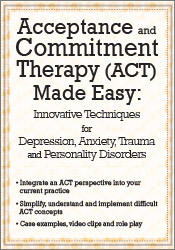

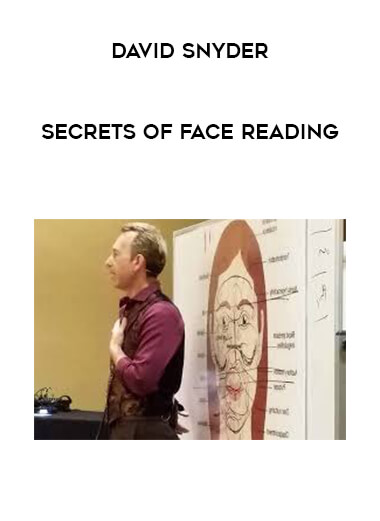

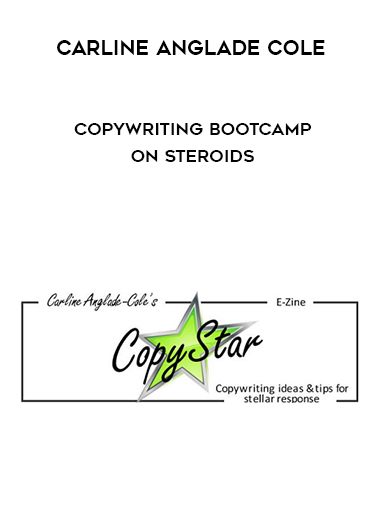



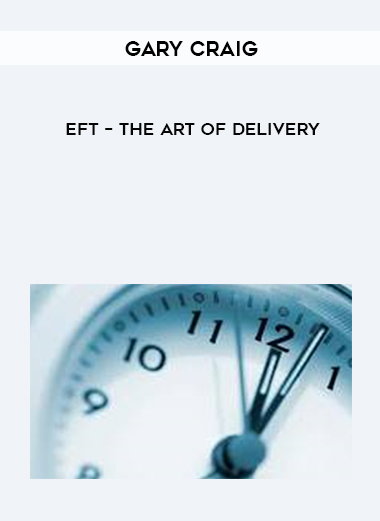







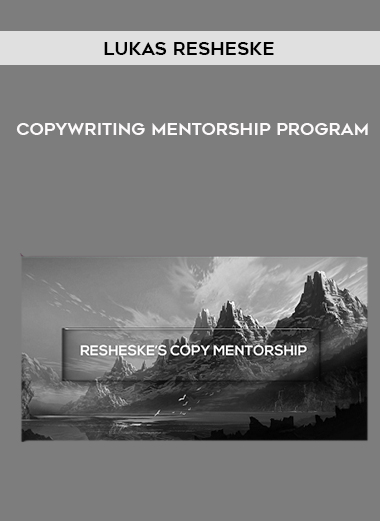

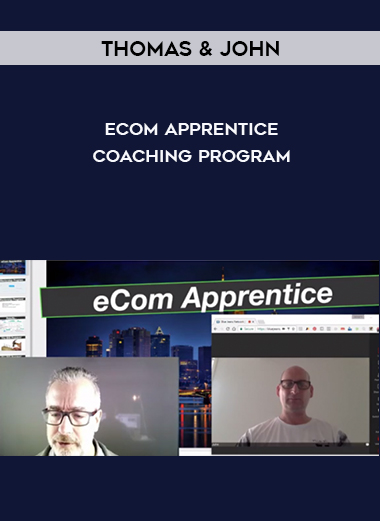











Reviews
There are no reviews yet.